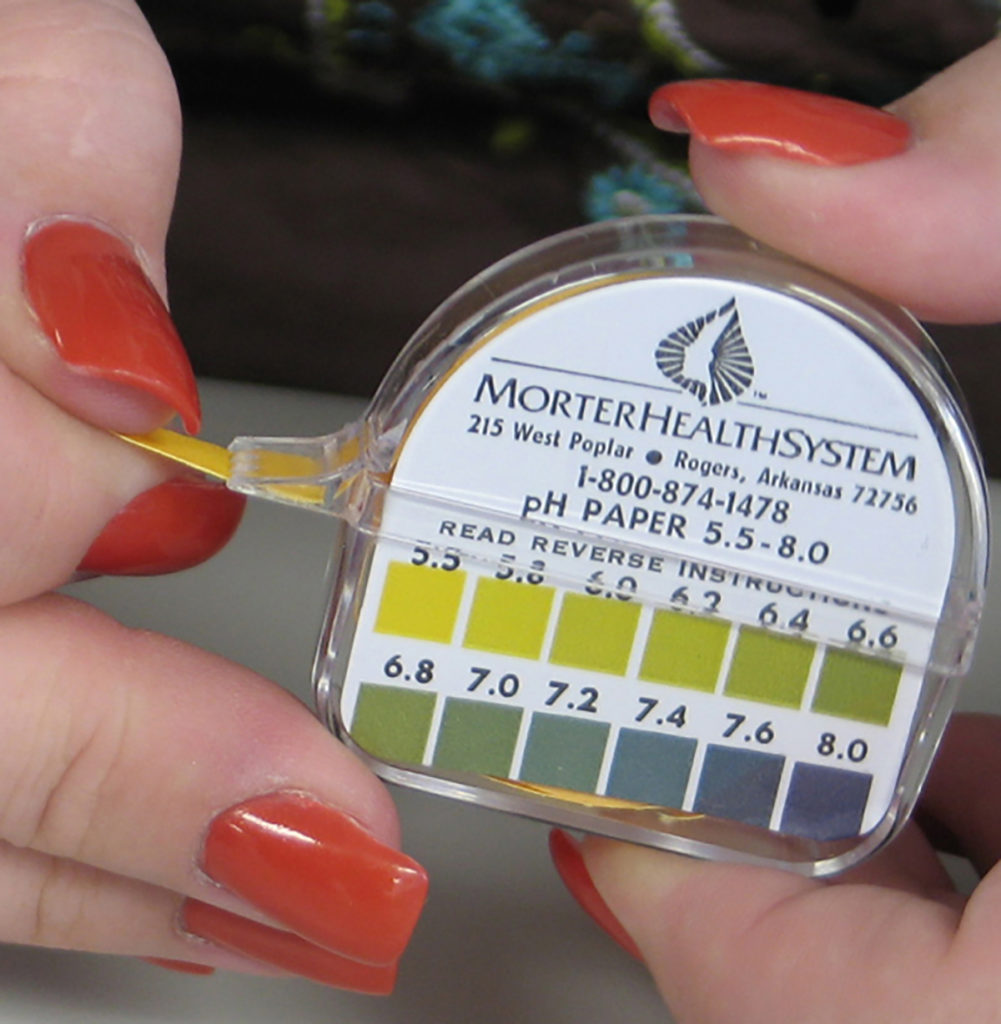Christmas closed: Tuesday, December 24, 2024 – January 1, 2025

In scientific circles, pH stands for “potential of Hydrogen,” but as far as your body is concerned, you could say it’s your Secret Language of Health. By understanding how the pH levels of your body fluids affect your health, you will be able to take a look at your current level of health and, therefore, know if the choices you are making will be health enhancing or disease producing. That’s important because it means you can change your choices and change your health.
The acidity or alkalinity of your body is measured in terms of pH. On a scale from 0 to 14, the more acid a solution, the lower the pH number, and the more alkaline, the higher the number.
You can test the pH of a substance by using strips of chemically treated paper. When immersed in the solution, the paper changes color to show the degree of acidity or alkalinity. A simple test of your saliva and urine, you can do yourself, can give you a good idea of the pH levels of your body.
If you are healthy, both your saliva and urine should register around pH 7 when you first awaken after at least 5 hours of sleep. Urine pH tells you how your body is responding to the food you are eating. Saliva pH tells you how your body has adapted to your thinking and the stresses of your life.
If your urine or saliva pH is too acid, your body will need alkalizing minerals in order to buffer that acid and survive the caustic effects. Alkalizing minerals are stored in many organs and tissues of the body. The liver is the greatest storehouse of sodium; the bones are the greatest storehouse of calcium. Yet, these storehouses can be emptied if the minerals that are used aren’t replaced. The food you eat determines how well your reserves are replenished. Fresh fruits and vegetables contribute the usable alkalizing minerals you need to restock your alkaline reserve.
So, when there are enough reserves to buffer the acid produced naturally by cellular activity and by the food you eat, your urine pH and saliva pH will register around 7. Readings of considerably lower or higher pH than 7 usually indicate your buffering reserves have been depleted and, over time, your body will be forced to accommodate by other means, namely getting those minerals from your bones and organs.
For its immediate survival, if you are seriously deficient in your Alkaline reserve your body may have to buffer the acid with its own ammonia. This will register as alkaline on your test paper when you test your urine, but it isn’t a sign of good health and you are likely not feeling well. Ask a Morter HealthSystem B.E.S.T. Practitioner how to do a 2-Day Acid Challenge Test to get an accurate look at your alkaline reserve status.

*These statements have not been evaluated by the Food and Drug Administration. These products are not intended to diagnose, treat, cure, or prevent any disease.
Thanksgiving closed at noon on Wednesday, November 27th – December 1, 2024.
Christmas closed: Tuesday, December 24, 2024 – January 1, 2025